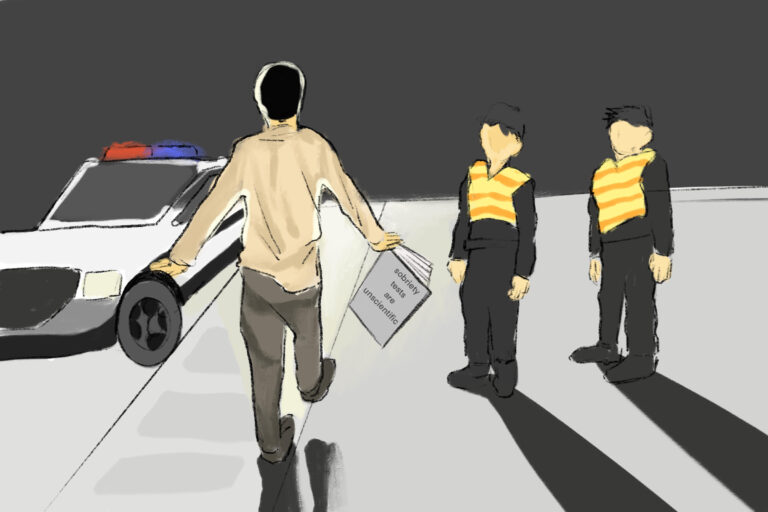Field sobriety tests can be challenging for even completely sober individuals to complete. Officers use specific indicators of impairment during these exams, such as swaying, hopping or using arms for balance.
Field sobriety tests include the walk-and-turn test, one-leg stand test and horizontal gaze nystagmus test. But environmental conditions, medical or physical issues and nervousness can make these tests more challenging to pass.
They are a tool of intimidation
Field sobriety tests are administered when individuals suspected of DUI in Atlanta are stopped by law enforcement officials for questioning. An officer may ask you to perform simple exercises such as balancing on one leg or walking an imaginary line before turning in the opposite direction, saying the alphabet backwards or solving simple math problems – these tests can be challenging even when sober.
Furthermore, test results are subjective; they can be affected by factors like weather and time of day as well as your age or medical conditions. For example, having recently experienced a head injury could make performing one-leg stand and walk and turn tests difficult even without being impaired by drugs.
An experienced DUI lawyer can often disprove these tests by showing that the officer did not follow proper procedure and may have biased the testing process.
They are a tool of coercion
Field sobriety tests are frequently employed by officers to establish probable cause for DUI arrests. Unfortunately, however, individuals can significantly compromise the reliability of these tests by engaging in activities which alter or “cheat” them; such as starting early or deviating off course can cause officers to misinterpret results; injuries and health conditions can also interfere with test performance.
Although the NHTSA claims otherwise in their field sobriety testing manuals, evaluations have NEVER been linked with actual driving impairment. A 1981 controlled study was the last such evaluation conducted!
Many Americans mistakenly believe they must comply with police requests to take field sobriety tests when requested by them, even though doing so can be extremely misleading and even lead to coercion, intimidation and unlawful DUI arrests. A good DUI defense lawyer can challenge the use of field sobriety tests in court.
They are a tool of testing
Police officers use standard field sobriety tests (SFST) that should be scientifically reliable; however, in reality they aren’t. Tests like Romberg test, counting and finger to nose do not correlate with alcohol impairment and are sometimes administered in unsafe environments.
The three primary SFSTs are: horizontal gaze nystagmus test, walk and turn test and one leg stand test. These tests aim to identify signs that indicate intoxication such as eyes jerking when following objects and starting to jerk earlier than they do when the object moves.
However, SFSTs depend on an officer’s observations and interpretation, leaving room for error. An experienced DUI attorney can challenge these tests in court to prevent them from being used against you; these tests can also be particularly challenging for people with physical conditions or being overweight; performing one leg stand tests can even be challenging when completely sober!
They are a tool of enforcement
Officers suspecting drivers of DUI may request them to submit to field sobriety tests such as walk and turn tests, one-leg stand tests and horizontal gaze nystagmus tests for admissibility in court; these must be administered correctly due to incorrect instructions, surface conditions or even individual’s unique physical or medical conditions that can alter results and challengeable. By successfully contesting their results they can raise reasonable doubt about intoxication as well as reduce or even dismiss charges brought by the state against suspects.
These tests can be challenging even under ideal conditions, much less when someone is nervously performing them late at night. Police officers use such tests to establish probable cause for arrest; however, attorneys have several strategies they can employ in challenging the validity of these exams. In DeKalb criminal defense attorney William C. Head attempted to exclude evidence of improperly conducted tests from a DUI case before a pro hac vice judge hearing in Atlanta.
